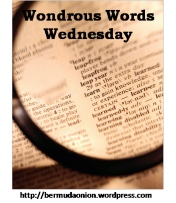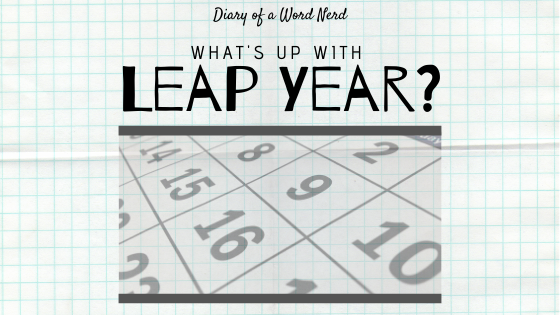More time at home means more time to read. But during these days of social distancing and sobering news about COVID19 from Italy and New York, I don’t really want to hunker down with sad historical fiction about WWII or a memoir about grief.
Fun and fantastical are definitely the way to go in these uncertain times, so I’ve compiled a list of fun and/or easy reads to keep your spirits up while you #stayathome. Click on the links to read my full reviews. I would LOVE IT if you would share similar titles in the comments. We can all use a smile, right? 🙂
Fun

- The Rosie Project by Graeme Simsion. College Professor Don Tillman likes order, structure, schedule. Enter Rosie, who treasures none of these things. A fun read. (A blog reader said #2 in the series isn’t great, but #3 is.)
- Where’d You Go, Bernadette, by Maria Semple. A hilarious and thoughtful story of an intelligent, talented woman who gets lost in motherhood and marriage- and how she finds herself again.
- Yes, Please by Amy Poehler. Funny and insightful memoir from a successful comedienne. (The fam has been watching A LOT of Parks and Rec these days; I love, and often relate to, Leslie Knope’s slightly hysterical enthusiasm and compulsions.)
- Year of Yes by Shonda Rhimes. Six little words from her older sister challenge Shonda to do the things that scare her. The result? A much happier Shonda.
- Don’t Get Caught by Kurt Dinan. “10:00 tonight at the water tower. Tell no one. -Chaos Club” When “just Max” – no social life, GPA 2.5 – gets this invitation, he knows he must be suspicious. He also knows he has to go. A fun YA prank book.
- The Disreputable History of Frankie Landau-Banks by E. Lockhart. Frankie teaches her boarding school friends not to underestimate her as she secretly masterminds a series of hilarious pranks. Fun YA book, good message.
Fantastical

- The Night Circus, by Erin Morgenstern. Two magicians compete and fall in love in the dazzling setting of a night circus. One of my favorite books.
- Artemis Fowl, by Eoin Colfer. A 12 year old (slightly) evil genius plots to steal gold from fairies. Very fun, and over the course of the serious, Artemis gets a conscience! (very witty kid lit)
- Graceling by Kristin Cashore (from Goodreads: With elegant, evocative prose and a cast of unforgettable characters, debut author Kristin Cashore creates a mesmerizing world, a death-defying adventure, and a heart-racing romance that will consume you, hold you captive, and leave you wanting more.) YA Fantasy
Inspiring

- Becoming by Michelle Obama. An inspiring memoir about Michelle’s rise from a low income neighborhood in Chicago to Princeton and the White House. Empowering and optimistic. A must read for all young women.
- The Audacity of Hope by Barak Obama. The former president wrote this memoir while serving as an Illinois senator. Explores the joys and challenges of public service, always with a pervasive attitude of hope.
- Keep Going by Austin Kleon Artist/ writer Austin Kleon shares his formula for persisting with creative work. He has recently dubbed his book a “handbook for working from home.” Short, lots of quotes and drawings. 😉
What fun and uplifting books can you recommend? Please share in the comments!
Thanks for reading with me!














